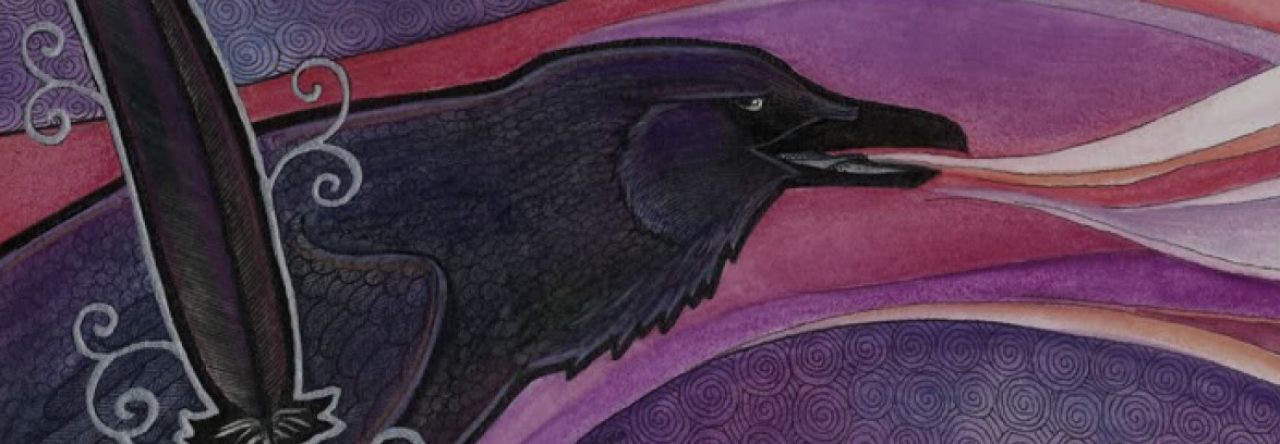Ian McHugh’s first success as a speculative fiction writer was winning the short story contest at the 2004 Australian national SF convention (he still has the certificate). Since then he has sold stories to professional and semi-pro magazines, webzines and anthologies in Australia and internationally. His stories have garnered other recognition along the way as described in question #2, below.
He rants intermittently about writing and posts many of his previously published works at ianmchugh.wordpress.com.
1. Your first collection, Angel Dust, is due out from Ticonderoga Publications this year. How has it been putting together your first collection, and what can readers expect to see in it?
Erm, intermittent? Life has been getting in the way a bit for both Russell and I. I expect most of the stories will be drawn from my publications in places like Asimov’s, BCS and the Clockwork Phoenix anthologies. Russell’s picked one original story so far and he’s having a look at another four. So not sure yet what the final shape will be, or whether we’ll choose stories for a particular theme. One loose theme Russell’s suggested is ‘encounters with the other’, which broadly speaking can cover a lot of my stories. Another thread that runs through a lot (but far from all) of my stories is how men fail at being men – and the ways I’m afraid of failing as a man. Whether anyone wants to read an entire book about men failing, though, I have my doubts.
2. You have attended the Clarion West Writer’s Workshop, been a grand prize winner of Writers of the Future, been shortlisted for Aurealis Awards, received honourable mentions in several Year’s Best collections and been included on the Locus recommended reading list. You also lead writing workshops. That’s a hell of a career, and it shows no sign of stopping any time soon. What do you believe are the factors that have led to so much success for you?
Gosh, when you put it like that… In all honesty, it really doesn’t seem like I’ve gotten very far yet. And remember that this has all happened over a span of ten years – more than, now. In terms of answers that might be worth something to someone reading this: getting into Clarion West, being part of an active writers’ group, seeking criticism of my work and acting on it, looking outside Australia to sell my work as well as within. And, above all, persisting. Have you ever come across Helsinki Bus Station Theory? It applies to writers too: With the story you’re writing: stay on the bus, persist until you finish it. With the story you’re submitting: stay on the bus, keep submitting until you sell it or reach your personal tipping point between persistence and insanity (mine is about 15 rejections per story). With your whole writing career and aspirations: stay on the bus.
3. Do you plan on continuing mainly in the realm of short fiction in the future, or are you hoping to also write novel length fiction?
I think I like short stories the best. But that might just be because I’ve struggled a lot with making the leap to long form storytelling. I’m currently finishing the final draft of a novel that I first drafted about five years ago. I do really love writing short stories, and I’m looking forward to being able to really dedicate myself to them again, rather than feeling like I’m squeezing them in where I can.
4. What Australian works have you loved recently?
 This interview was conducted as part of the 2014 Snapshot of Australian Speculative Fiction. We’ll be blogging interviews from 28 July to 10 August and archiving them at SF Signal. You can read interviews at: Tsana Dolichva, Nick Evans, Stephanie Gunn, Kathryn Linge, Elanor Matton-Johnson, David McDonald, Helen Merrick, Jason Nahrung, Ben Payne, Alex Pierce, Tansy Rayner Roberts, Helen Stubbs, Katharine Stubbs, Tehani Wessely and Sean Wright.
This interview was conducted as part of the 2014 Snapshot of Australian Speculative Fiction. We’ll be blogging interviews from 28 July to 10 August and archiving them at SF Signal. You can read interviews at: Tsana Dolichva, Nick Evans, Stephanie Gunn, Kathryn Linge, Elanor Matton-Johnson, David McDonald, Helen Merrick, Jason Nahrung, Ben Payne, Alex Pierce, Tansy Rayner Roberts, Helen Stubbs, Katharine Stubbs, Tehani Wessely and Sean Wright.

2 Pingbacks